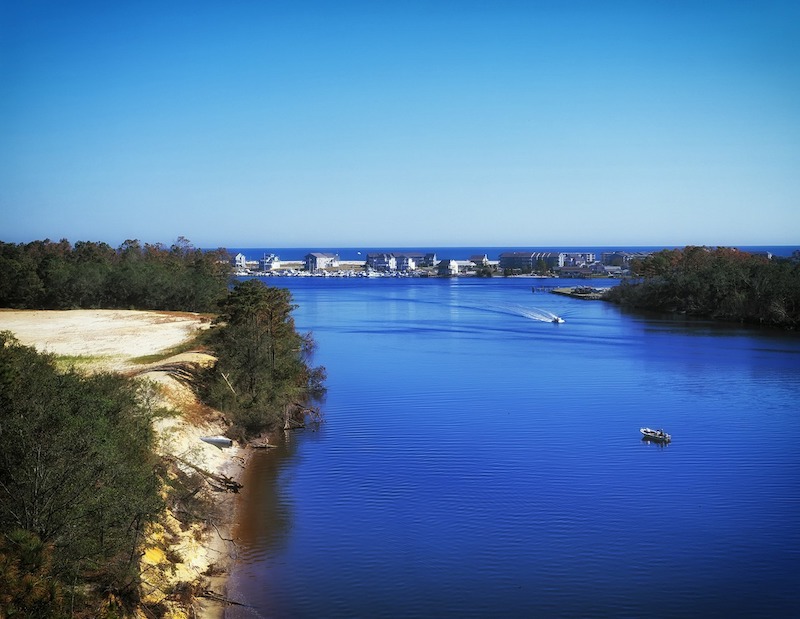A 2012 law that restricts taking into account the latest research in climate science could make North Carolina more vulnerable to Hurricane Florence.
The law banned policy makers from using recent climate science data to plan for sea level rise including things like elevation requirements on new buildings in flood-prone areas. The law was reportedly a response to a 2010 Coastal Resources Commission report that predicted sea levels on the Carolina coast would rise 39 inches by 2100.
The bill required the commission to write a new sea-level-rise report that limited its scope to the next 30 years. It was also required to take into account scientific studies refuting sea level rise, and to weigh the economic cost of limiting coastal development.
Scientists say the law is misguided, and will ultimately hurt the region’s ability to withstand damage from major storms. According to a recent article by a retired Duke University coastal geologist, the state should increase setback lines for coastal development, raise the height of buildings, move threatened buildings, prohibit rebuilding of storm-destroyed buildings, and begin a planned retreat from the rising water line.
Related Stories
Codes and Standards | Sep 2, 2020
California releases guide for state water policy
Water Resilience Portfolio is roadmap for meeting water needs as climate changes.
Codes and Standards | Aug 31, 2020
Fenestration alliance updates fenestration sealants guide
First update to 2009 document.
Codes and Standards | Aug 25, 2020
Platform will allow researchers to test energy system integration at scale
The U.S. Department of Energy’s (DOE’s) National Renewable Energy Laboratory (NREL) recently launched the Advanced Research on Integrated Energy Systems (ARIES) platform.
Codes and Standards | Aug 20, 2020
Wariness of elevators may stymie office reopening
Workers could balk at returning to high-rises.
Codes and Standards | Aug 19, 2020
Existing laws may be restricting efforts to cut carbon emissions
Outdated policies favor fossil fuels.
Codes and Standards | Aug 18, 2020
Florida becomes the third state to adopt concrete repair code
Sets minimum requirements for design, construction, repair of concrete structural elements in buildings.
Codes and Standards | Aug 17, 2020
ASCE seeks comments on seismic standard
Pertains to design criteria for nuclear facilities.
Codes and Standards | Aug 13, 2020
COVID-19 reboot guide offers strategies for reopening K-12 schools
Looks at space considerations for reopening at different scales.
Codes and Standards | Aug 12, 2020
Document provides guidance for mass timber construction
Overview of Intl. Building Code requirements included.
Codes and Standards | Aug 11, 2020
Inefficient air conditioning is a key contributor to global warming
More efficient equipment and buildings could make a big difference.

















